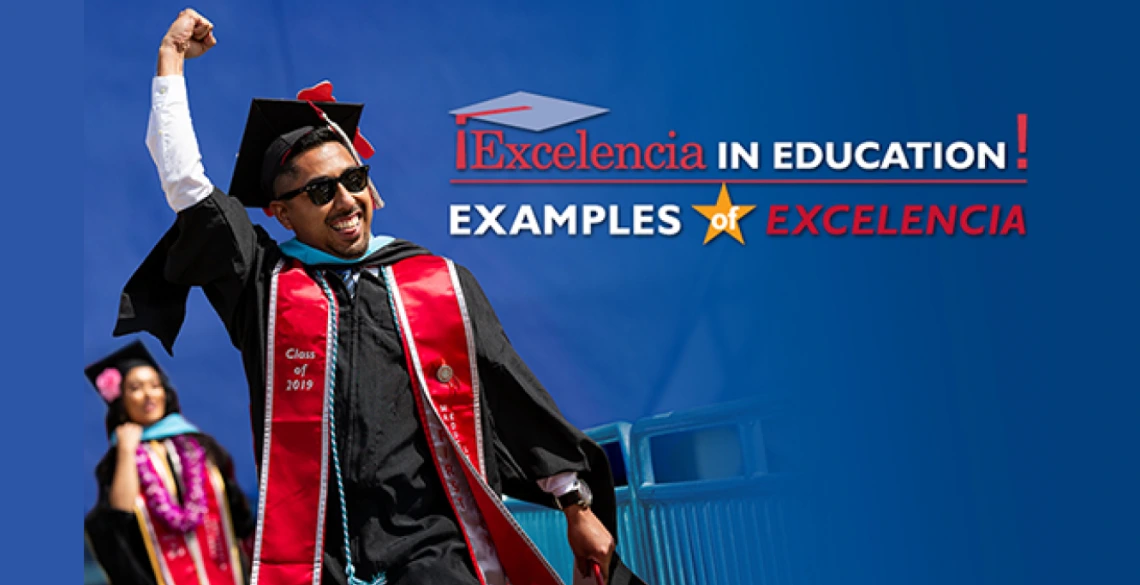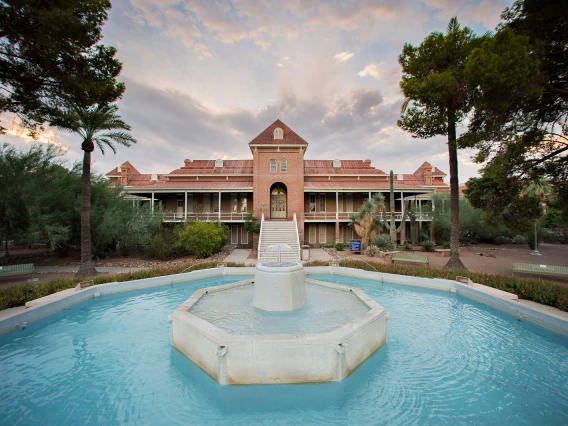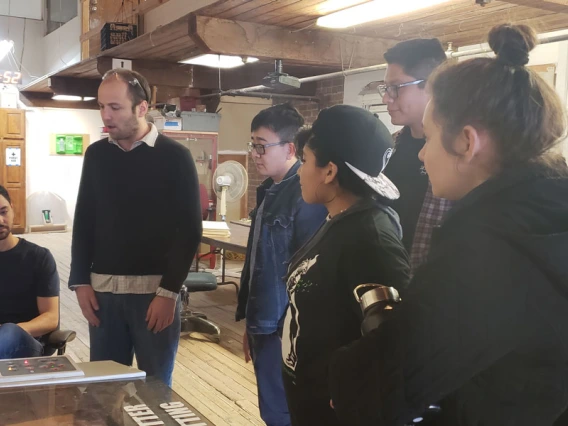UA Program Named 'Example of Excelencia' in Recognition of Service to Latino Students in STEM
The Arizona's Science, Engineering and Math Scholars program provides services to support students in graduating with a STEM degree, focusing on students who are underrepresented in STEM.

No description provided
Excelencia in Education, a national organization focused on accelerating Latino student success in higher education, last week announced four evidence-based programs across the U.S. – including one University of Arizona program – as winners of its 2020 Examples of Excelencia award.
The Examples of Excelencia program identifies efforts at the forefront of implementing strategies advancing equity for Latino students.
The winning UArizona program, Arizona's Science, Engineering and Math Scholars, provides services to support students in graduating with a STEM degree, focusing on students who are underrepresented in STEM, such as first-generation college students, students from low-income households, those who transferred from community colleges, and students from underrepresented groups, including ethnic minorities and students with disabilities.
ASEMS began as a grassroots effort among a small group of faculty and staff in 2011 with 12 students. It now supports more than 400 students across the university's STEM majors. Erica Corral, associate professor of materials science and engineering, is a member of the ASEMS board.
"ASEMS is a perfect example of what being a Hispanic-Serving Institution is all about. It's about affirming students for who they are and where they come from and surrounding them with holistic support that enables them to thrive," said Marla Franco, assistant vice provost for Hispanic-Serving Institution initiatives.
"The benefits of a program like ASEMS are quite far-reaching at the university," said Elizabeth "Betsy" Cantwell, senior vice president for research and innovation. "ASEMS has been an incredible resource for our researchers, who so often partner with the program when recruiting students for research experience in the lab and field."



